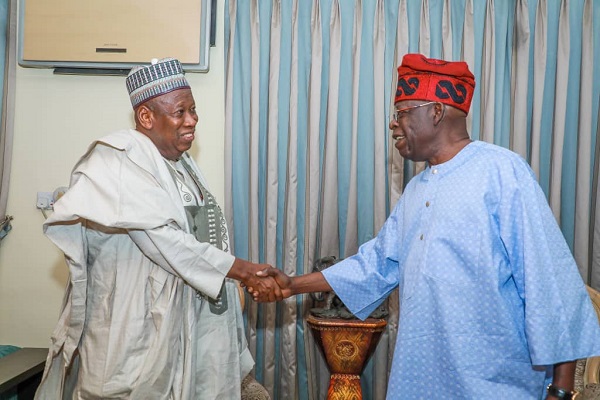By Akin Adesanya
The All Progressives Congress (APC), once hailed as a beacon of hope for Nigeria’s political landscape, now stands tarnished by a deeply flawed and discouraging reward system. While the party’s leaders promise change and progress, their actions tell a different story altogether. The alarming trend of selling top positions to the highest bidders and favoring the sons and daughters of political friends has eroded the very essence of the APC. This skewed approach to appointments not only undermines the party’s core values but also demoralizes the dedicated individuals who have tirelessly worked for the party’s success.
The Broken Promise of Meritocracy
When the APC was formed, one of its core promises was to promote meritocracy and transparency in the Nigerian political system. It pledged to break away from the old ways of doing politics, where patronage and nepotism ruled the day. Sadly, the reality on the ground has painted a starkly different picture. It seems that the party’s leadership has conveniently forgotten its commitment to merit-based appointments.
Instead of appointing individuals based on their qualifications, experience, and dedication to the party’s cause, positions are now being sold to the highest bidders. This not only perpetuates corruption but also undermines the faith of genuine party members who believed in the APC’s mission of ushering in a new era of clean and responsible governance.
Nepotism and Favoritism
Another disturbing trend that has emerged within the APC is the practice of favoring the sons and daughters of political friends. It is disheartening to witness the appointment of individuals solely based on their family connections rather than their abilities or commitment to the party’s principles.
This form of nepotism not only breeds discontent within the party but also alienates dedicated members who have been loyal to the APC since its inception. Such actions signal a betrayal of trust and the abandonment of the party’s founding principles.
Demoralizing Party Members
The consequence of this skewed reward system is the demoralization of party members who have diligently worked for the APC’s success at various levels. These dedicated individuals have invested their time, energy, and resources in promoting the party’s agenda, believing in the promise of a brighter future for Nigeria.
However, when they see positions of influence and power handed over to the highest bidder or the politically connected, it creates a sense of disillusionment and betrayal. The morale of grassroots workers and dedicated party faithful is eroded, leading to decreased enthusiasm and commitment to the party’s cause.
Undermining the APC’s Credibility
The skewed reward system not only discourages party members but also undermines the credibility of the APC as a whole. It sends a message to the Nigerian populace that the party’s leadership is more interested in personal gain and political maneuvering than in delivering on its promises of good governance and transparency.
This erosion of trust has far-reaching consequences, as it weakens the party’s ability to attract new members and maintain the support of its existing base. The APC’s failure to address these issues could result in a decline in public confidence and support, jeopardizing its long-term viability as a political force in Nigeria.
Conclusion
The All Progressives Congress was established with the noble goal of bringing positive change to Nigeria’s political landscape. However, the party’s current reward system, characterized by the sale of top positions and nepotism, has betrayed the trust of its dedicated members and undermined its credibility as a force for good in Nigerian politics.
It is imperative for the APC’s leadership to address these issues promptly and decisively. To truly fulfill its promise of progress and transparency, the party must return to its core values of meritocracy, fairness, and accountability. Only by doing so can the APC regain the trust of its members and the Nigerian people and work towards a brighter future for the nation.
——————
Akin Akinsanya writes from Lagos.

